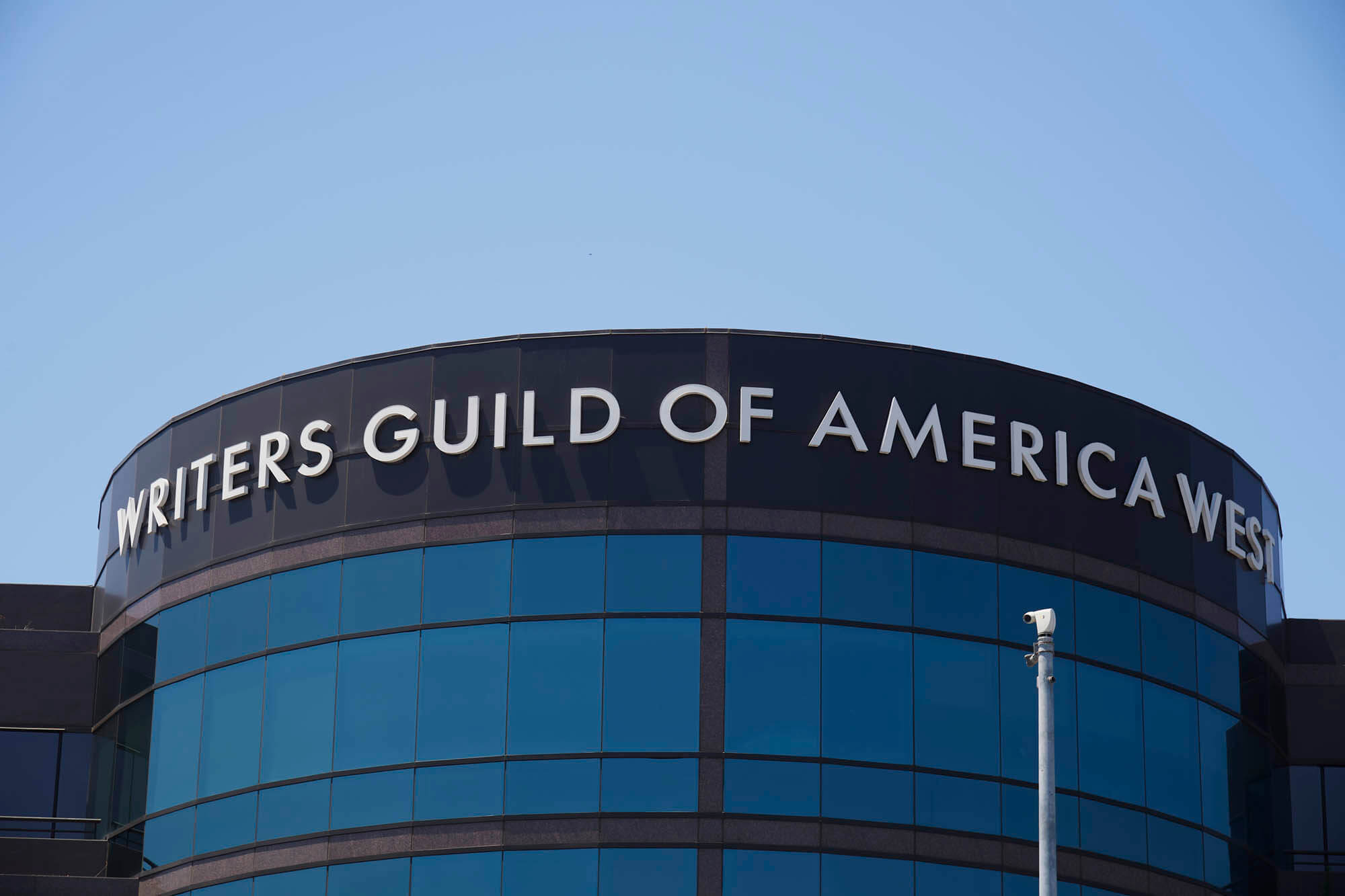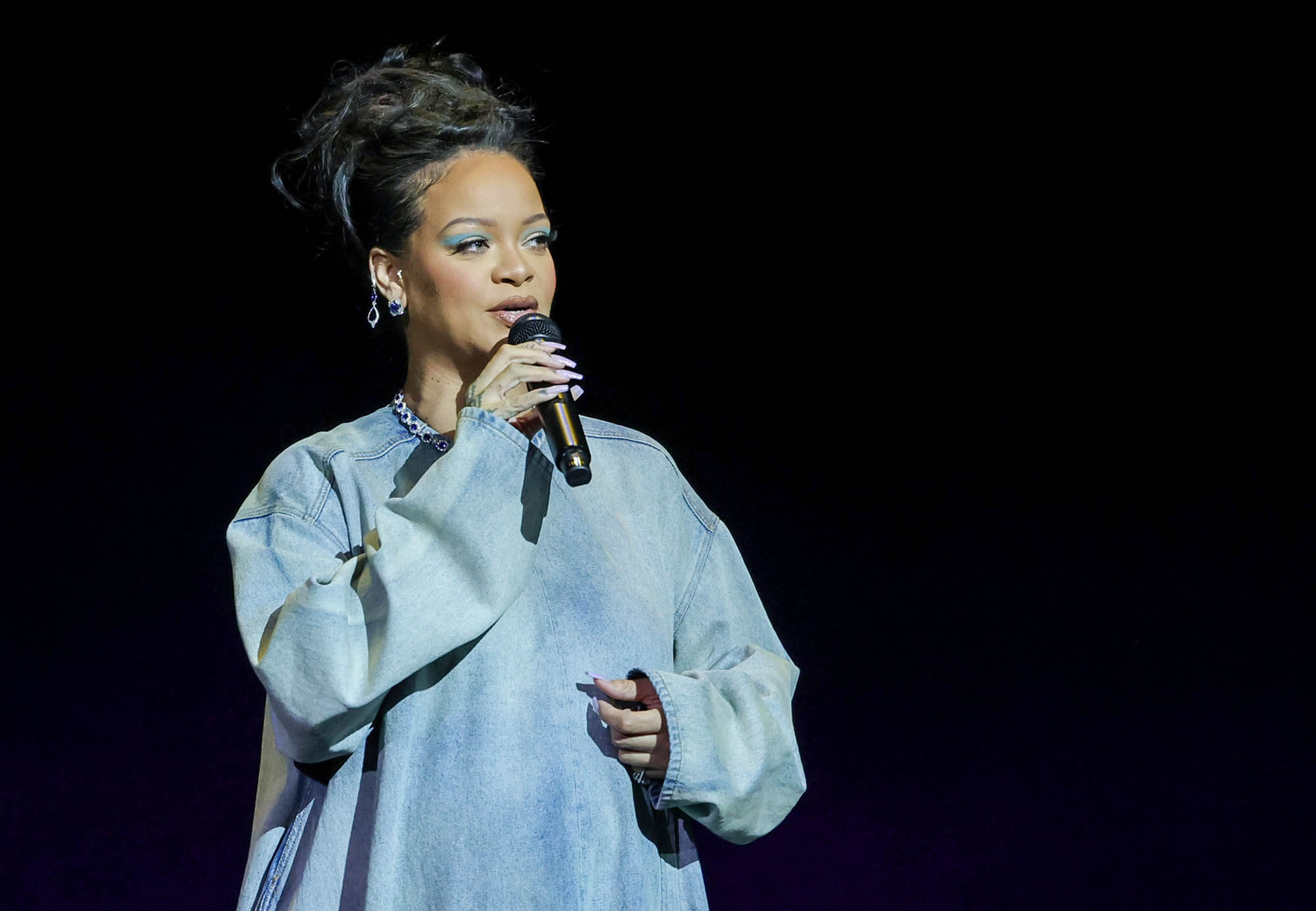Intro for April 28, 2023



Dear Gossips,
A strike is looming. Those of us old enough remember the writers’ strike of 2007-08 and all the weird entertainment that grew out of it have been through this before. Some of the strike-era productions were good—like Dr. Horrible’s Sing-Along Blog (although many of us may feel differently about it now, because of the Joss Whedon of it all), and Iron Man, which had a script going into production, but when the strike hit, Jon Favreau and Robert Downey, Jr. had to do re-writes on the fly (one of the rare times that has worked out). One of the most notable casualties of the strikes is Friday Night Lights season two, which sticks out like a sore thumb amidst the rest of that series’ general excellence.
And now we’re on the precipice of another writers’ strike, the first of what could be three major guild strikes this year (the directors and actors are also renegotiating their deals with the movie studios and distributors). Strike rules for the writers went out earlier this week, in case the contract deadline passes at midnight on May 1 without a new agreement in place.
This is a dicey time for any creative, but writers are facing a lot of serious challenges simultaneously. There is the issue that has been building over the last decade, of how streaming and digital distribution has gutted residuals and rendered it harder to make a living as a writer in Hollywood. I’m not even talking about getting rich as a writer—though that is also harder to do now—but people used to be able to make a solid living writing for television, for instance, but shorter episode orders mean scrambling over and over to book new jobs, and “mini rooms” have furthered the problem, reducing the number of opportunities across the board.
Fixing the problems introduced by streaming is enough to be getting on with, but writers also have to face challenges by burgeoning AI technology that threatens to further reduce opportunities, if not replace them outright. It genuinely feels like no one is prepared for this—the Writers Guild has already said they’ll allow AI to be used in scriptwriting, as long as human writers retain credit. I guess they’re foreseeing scenarios in which writers utilize AI as a support tool, and not studio execs using it to churn out entire scripts without engaging a real person to do real work. It feels short-sighted, in the same way the strike of 07-08 was about digital distribution and compensation, yet no one anticipated that streaming would destroy backend compensation schemes. (It also feels like the film industry equivalent of “pivot to video”.)
It's impossible to predict the future, but ensuring people are paid a living wage for work is the baseline of what a union should do. They have to come to some agreement with the studios about how writers will be compensated when there is no downstream revenue as with streaming, and they have to guard against studios being able to use computers to outsource work from people. (This may be inevitable, but until we have a better social safety net, let’s try not to put whole industries out of work.) It’s a tall order, and as always, the sign of a good deal is one where no one is really happy. The writers are not going to get everything they want—no one ever does—but figuring out how to pay people without residuals is a start.
There’s a lot on the line, but no one wants a strike. The movie business is just getting back on its feet after COVID, no one wants to stop the positive momentum of the last 12 months. But keep an eye on the clock. Things might be very different come Monday morning.
Live long and gossip,
Sarah
